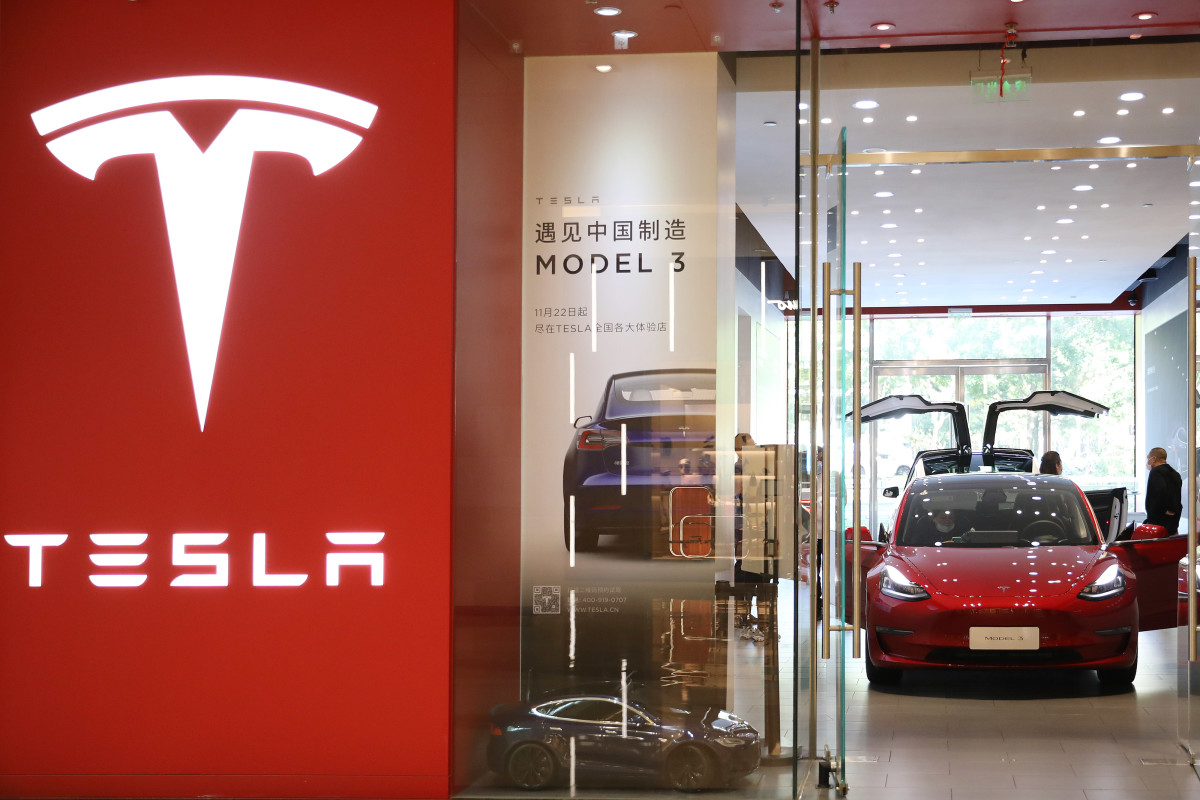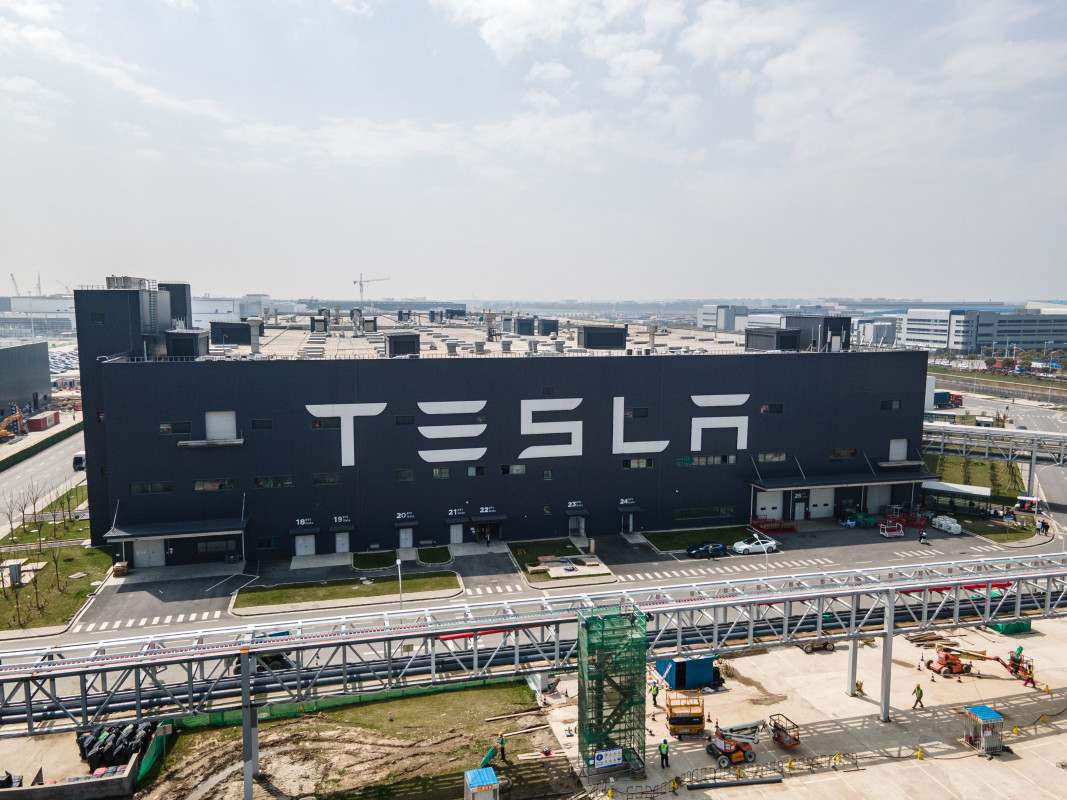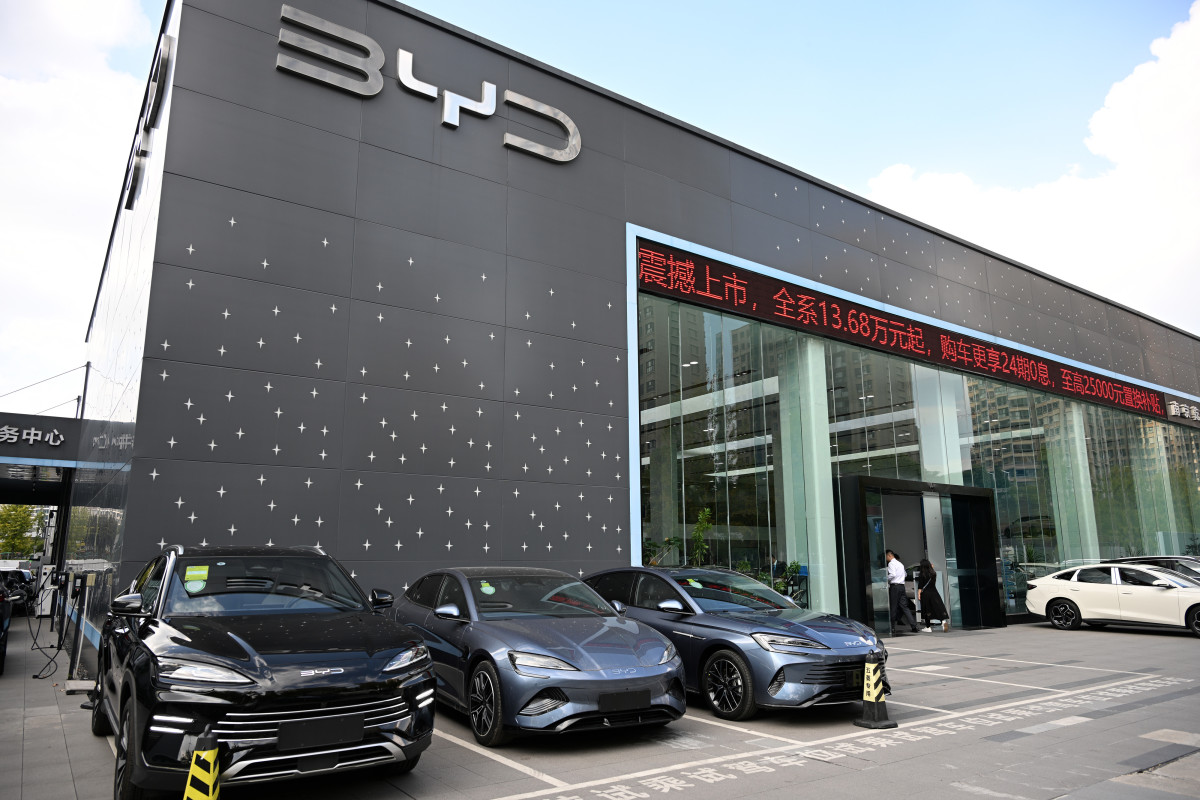High tariffs push Tesla to pause orders
Tesla has quietly stopped taking new orders for its high-end Model S sedan and Model X SUV in China, following Beijing’s latest round of retaliatory tariffs on American imports. On Friday, the “order” button vanished from Tesla’s Chinese website for both models, signaling a strategic shift prompted by a deepening U.S.-China trade conflict.
The move comes as China hikes tariffs on U.S. imports to 125%, matching escalating levies imposed by President Trump. These tariffs would more than double the price of American-made cars like the Model S and X in China — effectively pricing them out of the market. Tesla has not issued a formal statement on the decision, but the timing speaks volumes.
Limited impact but profitable loss
While Tesla’s Model S and X aren’t massive sellers in China — the company delivered just over 2,000 units last year — they represent a more profitable slice of Tesla’s lineup. With most of Tesla’s Chinese sales tied to the locally produced, lower-margin Model 3 and Model Y, the loss of its flagship U.S.-built vehicles cuts into the brand’s ability to profit on luxury EVs in China.

Getty Images
Inventory of the Model S remains in a few major Chinese cities, but supplies are limited. Model X stock appears to be nearly nonexistent. Tesla is currently selling off what it has left, with no new orders being accepted.
A cozy relationship under strain?
Tesla has long enjoyed a rare advantage in China. Its Shanghai Gigafactory — which produces the Model 3 and Y — was the first foreign-owned auto factory in the country not required to have a domestic partner. CEO Elon Musk has maintained a close working relationship with senior Chinese officials, particularly Premier Li Qiang.

Xiaolu Chu/Getty Images
But as the trade war escalates, those ties may be tested. Analysts and critics alike are starting to question whether Tesla’s once-cozy status could be at risk, especially as Chinese automakers like BYD continue to gain ground at home and abroad. In March, Tesla’s China-made vehicle sales fell 11.5% year-over-year, while BYD posted a 23% gain, according to the China Passenger Car Association.
Bigger worries on the horizon

NurPhoto/Getty Images
Though Tesla is brushing off the Model S/X halt as a relatively minor hit, the broader implications could be more severe. The company relies heavily on Chinese battery cells for its U.S.-based energy products like the Powerwall and Megapack. New tariffs targeting those imports could disrupt that side of the business, compounding the damage.
Final thoughts
If tensions escalate further, Tesla might even face challenges maintaining control of its Shanghai plant — a crown jewel in its global manufacturing network. For now, Tesla’s EVs will continue to roll out of Shanghai. However, with trade relations deteriorating and nationalism on the rise in both countries, the automaker’s balancing act in China is growing shakier by the day.